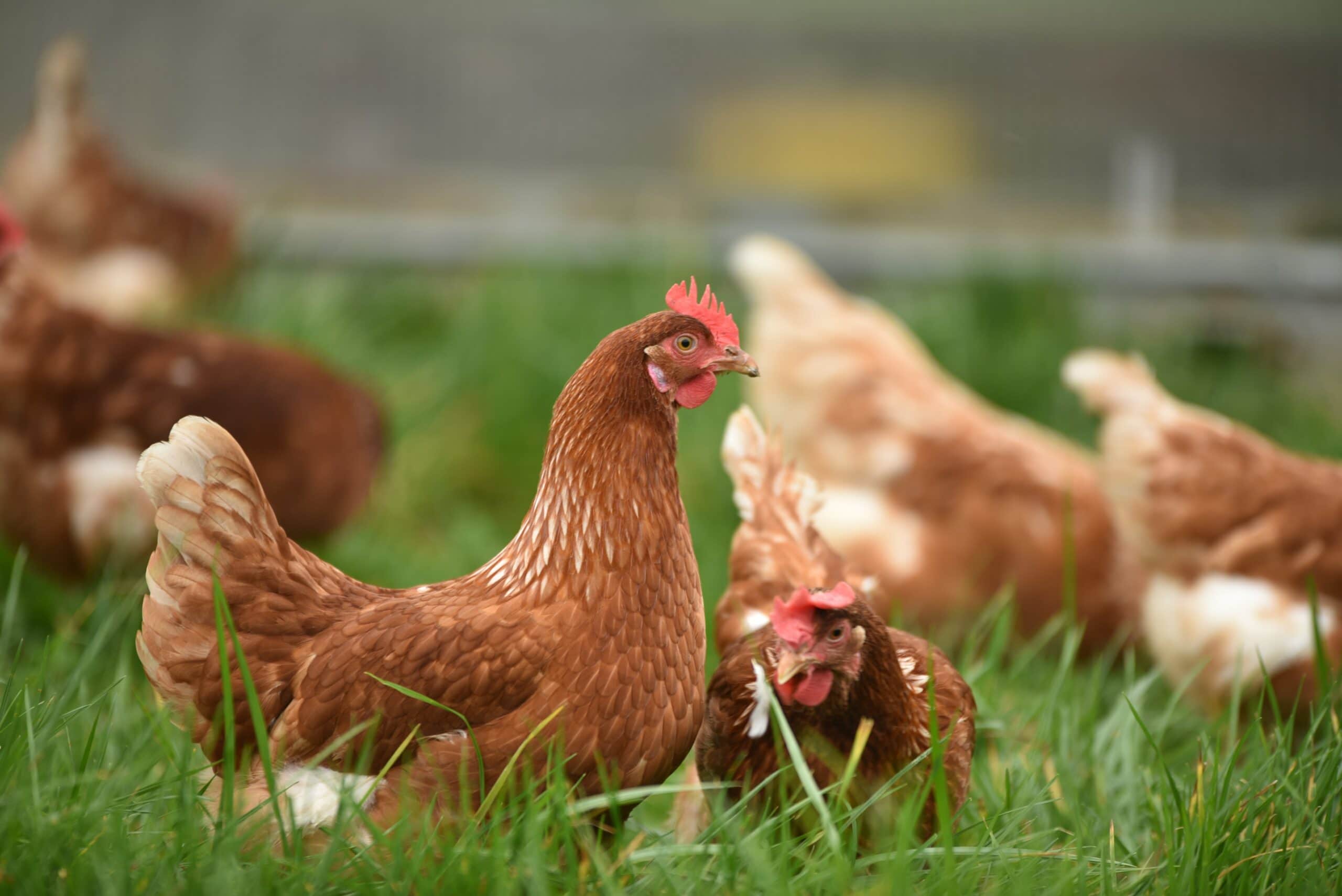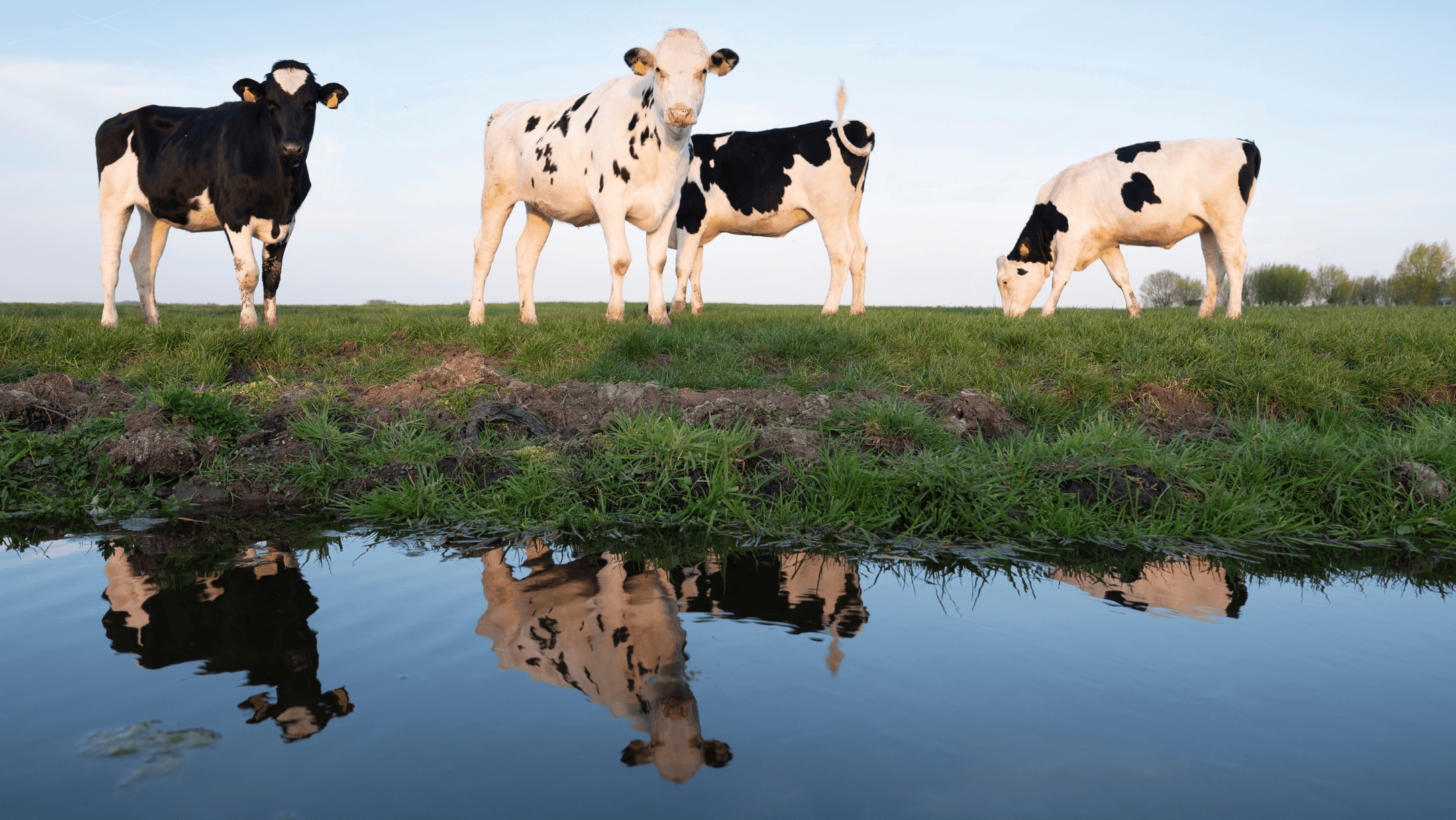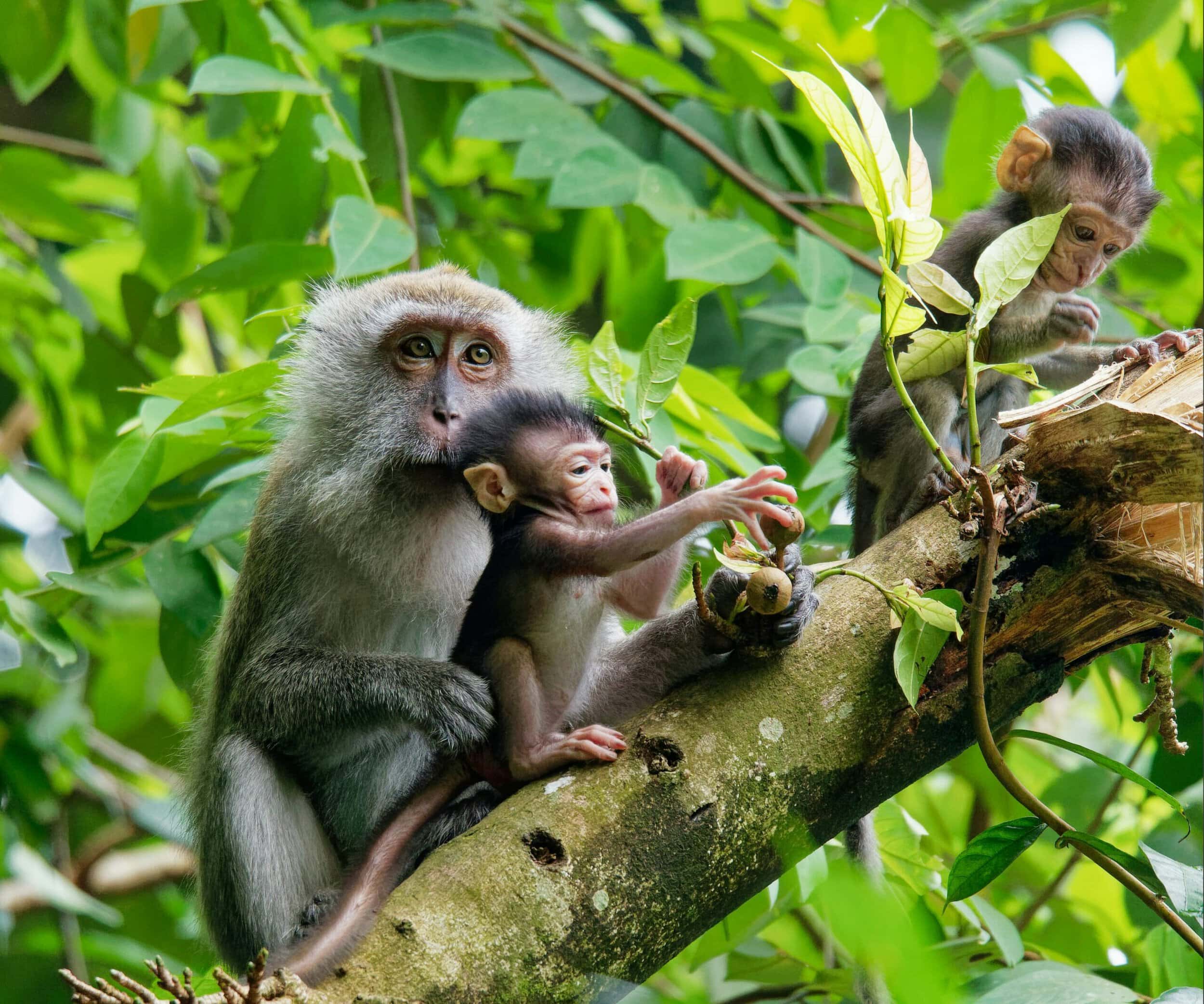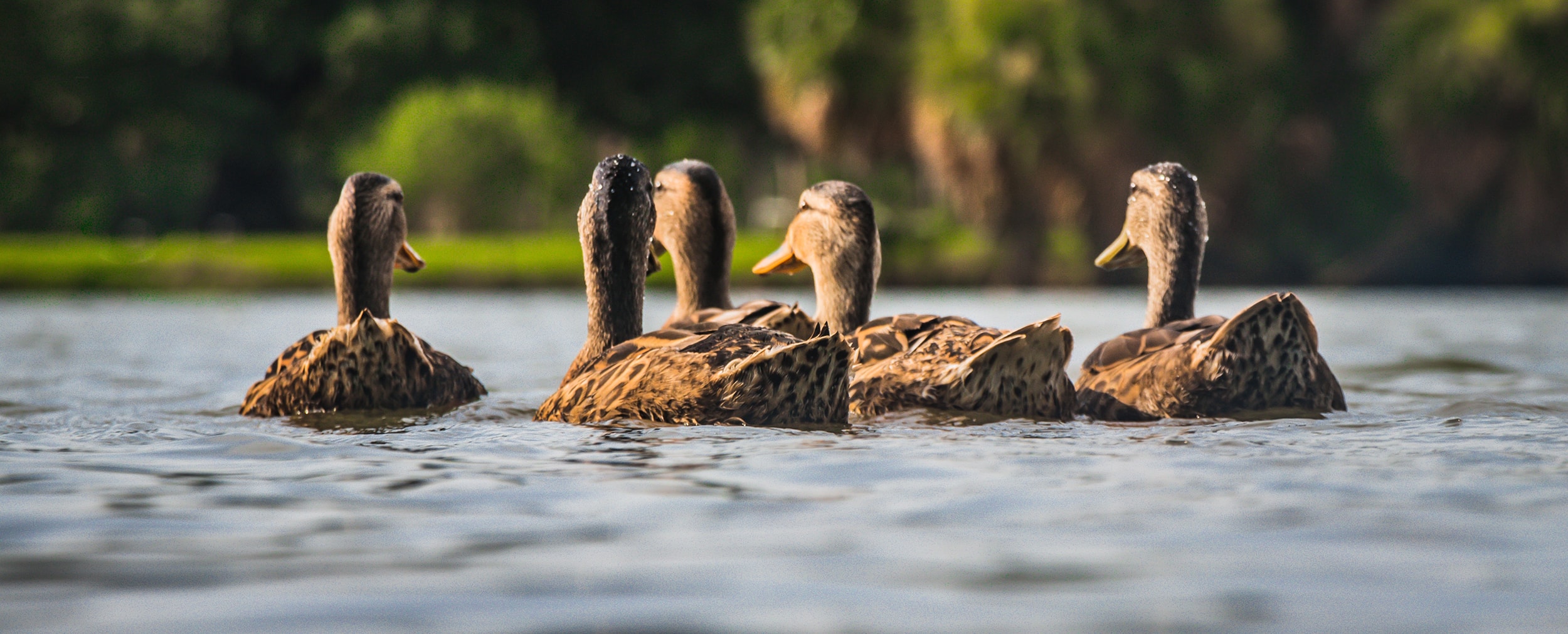On 4 October 2022, the World Federation for Animals (WFA) hosted an online conversation to explore what policymaking can do for animals worldwide. Speakers elaborated on their experience leading successful policy reforms to protect animals at the municipal, national, regional, and international levels. The event was an opportunity for policymakers and members of the animal protection movement to learn from good practices and ways to overcome structural challenges. These are some of the key messages from the speakers:
Increasing coordination & learning between policymakers
Participants emphasised the need for increased coordination and learning between policymakers across the world and the important role that WFA can play to facilitate this. The topic of live animal exports in the policy agendas of both the EU and Colombia was an example of where joint work could benefit progress.
“If we have stronger standards together that we can, for example, lay on the table of the World Trade Organization, the stronger we would be by bilaterally recognising these standards” Member of the European Parliament, Tilly Metz.
Specifically, speakers expressed a desire for WFA to create a space in which policymakers could connect regularly and have the chance to learn from each other’s experiences to advance faster in animal welfare agendas, as well as discuss potential joint strategies.
Collaboration between policymakers & animal protection organisations
In the same vein, collaboration between policymakers and animal protection organisations was seen as a strategic asset to overcome strong lobby interests around the world. Examples were shared by different speakers where, despite the agri-food industry or hunting groups lobbies, their joint work with NGOs allowed them to advance reforms that benefit animals.
During the event, policymakers spoke of the instrumental role NGOs have played in helping them materialise their animal protection agendas, be it locally, nationally or internationally.
During the WTO fisheries subsidies negotiations, “civil society organisations were helping governments understand what we tried to do while maintaining our ambition throughout the negotiations, and putting a lot of pressure on governments in Geneva but also in capitals to conclude the negotiations as soon as possible. It really was an outstanding work what these 190 organisations [of the “stop funding overfishing” coalition] did” former Chairman of the Chairman of the Negotiating Group on Rules of the WTO, Santiago Wills.
MP Garba Datti also highlighted contributions by NGOs in his efforts to ban the killing and exporting of donkeys in Nigeria, for example: “Our opposition proposed a bill that, instead of banning it, looks to regulate the donkey trade. It envisages the ranching of donkeys. However, the findings of a study commissioned with the Donkey Sanctuary showed that donkeys are slow breeders and might not be profitable to ranch. They came to Nigeria and presented their findings to the Senate to stop such a bill from becoming a law.”
A gradual approach to policymaking
A gradual approach in policymaking was a common thread during the conversation. Most speakers identified the need to introduce reforms for animal welfare progressively in order to secure their passing, for example, understanding that
“to reduce animal suffering and save lives at scale, sometimes it is necessary to reach agreements with other political sectors that lead us to regulatory measures, not necessarily prohibitionist, but that allow us to move forward.” Senator of Colombia Andrea Padilla.
Read the key messages at our event’s report.
Photo by Townsend Walton on Unsplash





